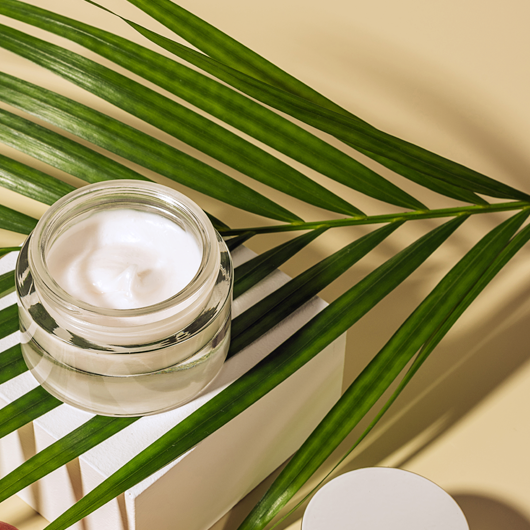Why do we age?

The Chronological Aging Process
Wouldn’t it be nice if we could hit age twenty-five and stop aging? But, of course, most women would gladly take having a few pimples over age spots and wrinkles. Like every living thing, unfortunately, aging is a natural part of every woman’s life.
But why do we age? Let’s take a look at the causes of aging, ranging from genetics to our environment.
By the age of eighteen, most women have all the connective tissue that their body needs. Until that point, through childhood and puberty, the body is growing connective tissue stores, strengthening the bones, and becoming an adult.
While the brain is still in development until twenty-five, the body is usually growing and changing by age eighteen.
At this point, the skin is supple and firm. Some women begin to see acne naturally clear up, while others may still struggle with the occasional spot.
It is sporadic for someone this age to view any lines or wrinkles on her face simply because this is the peak of the body’s youth.
At thirty, many women will begin to see a breakdown in the connective tissue layer. The body is still producing collagen, but not as much as in previous years.
Nevertheless, women with good genetics and a thorough moisturizing routine will likely see only a few aging signs—most notably, lines around the eyes.
As we progress in age, our body produces less and less collagen. Means that our skin is less supported, and under the weight of gravity, it begins to sag and wrinkle.
While there are ways of combating collagen loss, on the whole, it can be challenging to understand what exactly is happening well enough to fight it.
Skin becomes rigid and dry. Luckily, a moisturizing routine that includes hyaluronic acid and a steady diet of fruits and vegetables and foods that contain Omega-3s can help strengthen collagen deposits and restore moisture.
Chronological Aging
There are two types of aging, the first being the unavoidable variety. Our genetics causes chronological or intrinsic aging; we have little control over when this begins and how it works.
Extrinsic Aging
The kind of aging we do have control over. You can reverse up to 85% of extrinsic aging. Environmental factors such as pollution or sunlight (photo-aging) accelerate aging.
Women who smoke or drink heavily, eat an unhealthy diet, or get too much sun exposure will age faster. Conversely, females who do not expose themselves to any of these harmful factors will age slower.
Eating right, getting enough sleep, and avoiding environmental toxins will prolong the effects. Anti-aging products with peptides are very beneficial. In addition, they will improve the look of the skin.
About the Author
Kari Thomas wrote this article.


